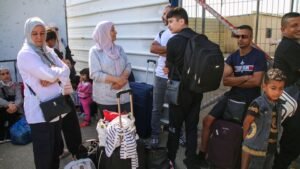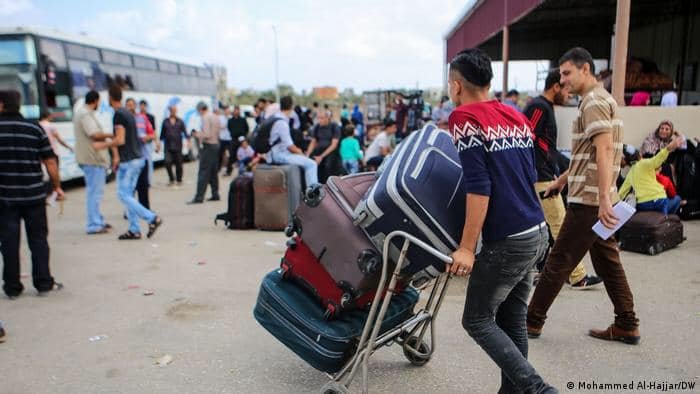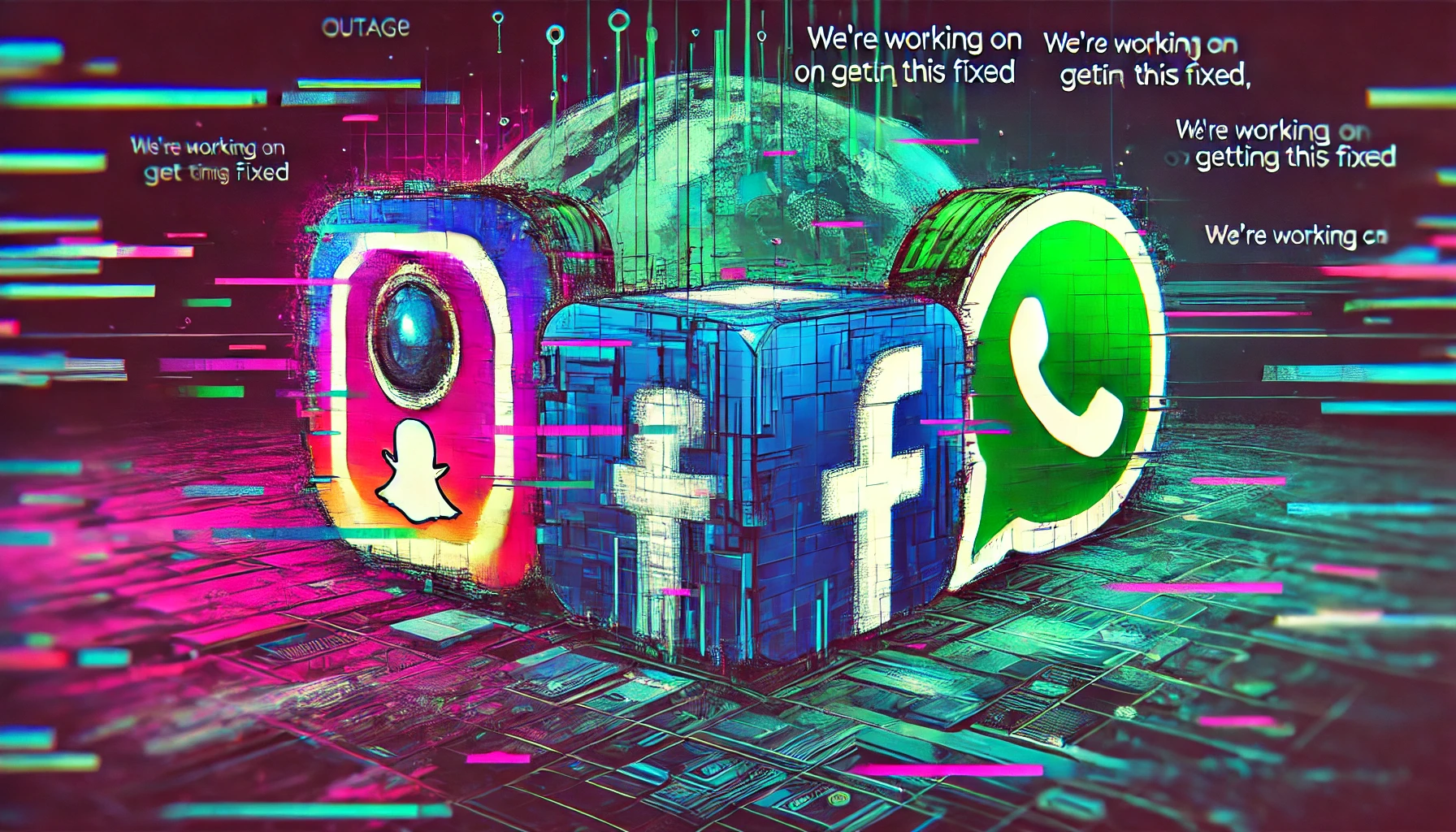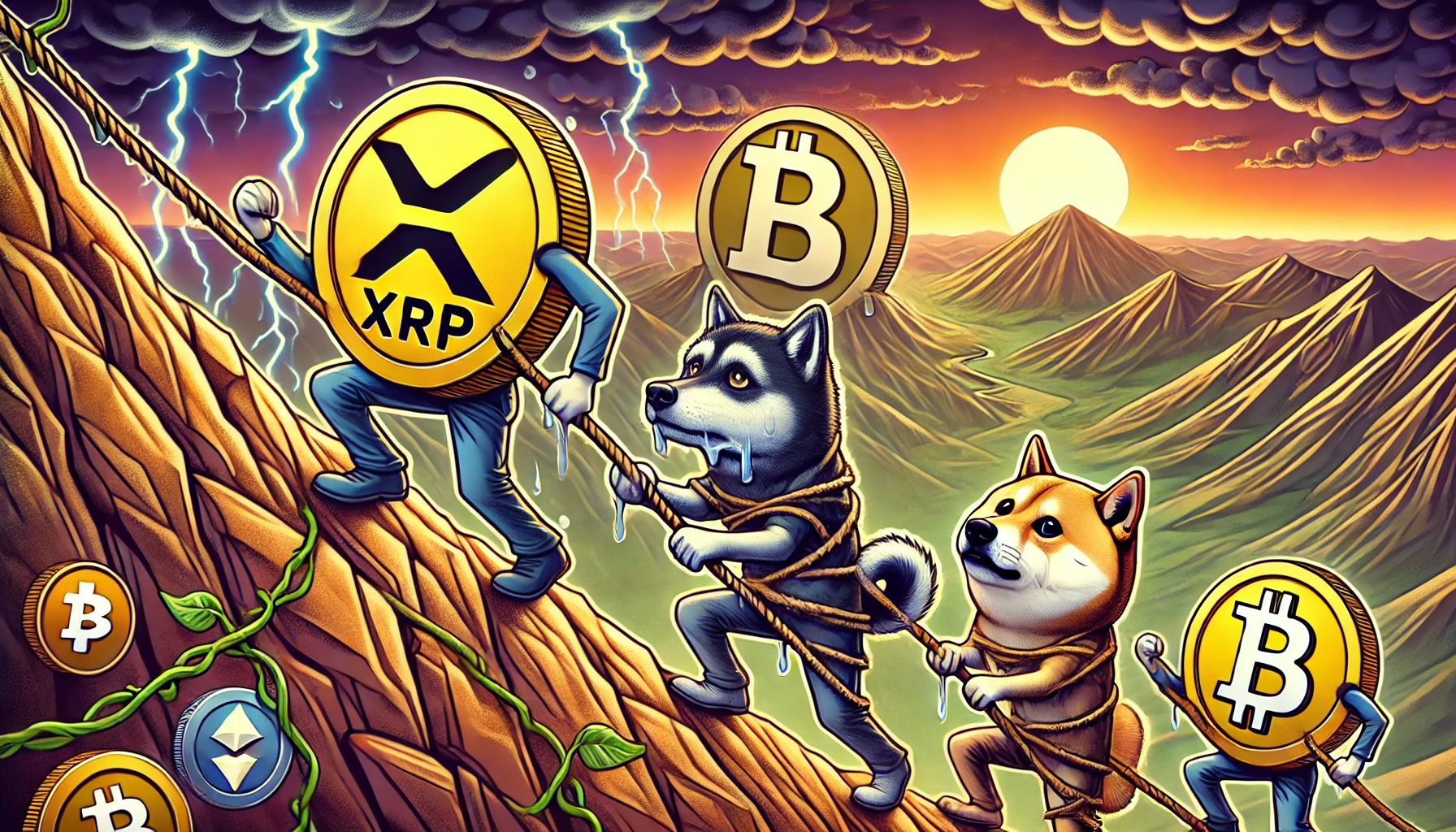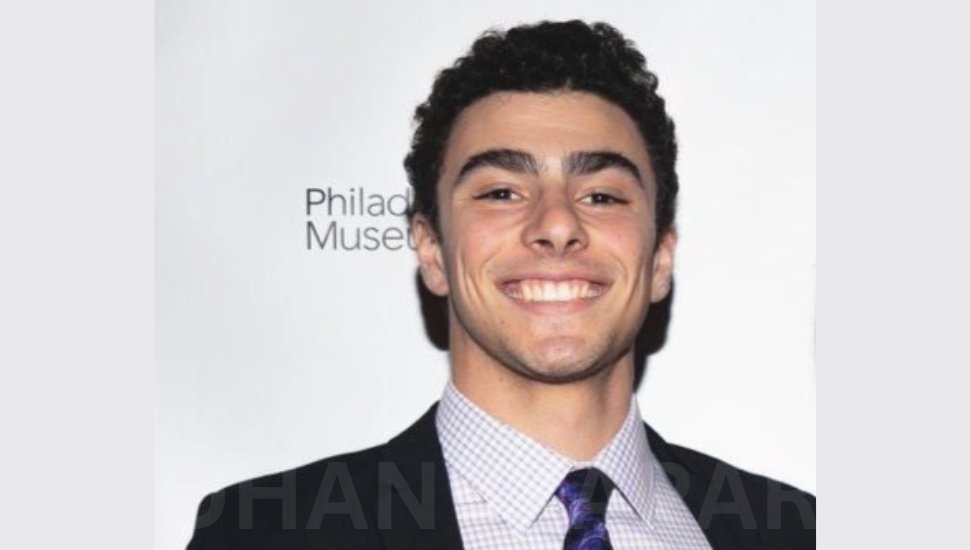Hassan Nasrallah, the secretary general of Hezbollah, is scheduled to speak in public for the first time since the conflict between Israel and Hamas broke out on October 7.
The much-awaited speech will take place at a time when the Israeli military and his potent armed force, supported by Iran, are fighting every day on the Israel-Lebanon border, heightening the possibility of a regional conflict.
The skirmishes represent the biggest intensification of hostilities between Israel and Hezbollah since their 32-day conflict in 2006. War broke out shortly after Hamas attacked Israel and Israel bombarded Gaza.
Thus far, the crossfire has just affected the border area. The flare-up zone appeared to spread somewhat on Thursday, and the skirmishes were more intense, feeding fears of a confrontation that could get wider.
Many believe that Hezbollah is the regional wild card that has the potential to turn the Hamas-Gaza confrontation into a broader war. Its weaponry is more advanced than Hamas’, and its deeper engagement in the conflict may draw in Iran’s paramilitary allies in Yemen and Iraq.
Western diplomacy has worked hard to avert a full-scale conflict, and US aircraft carriers that were sent to the eastern Mediterranean soon after the war began are thought to act as a deterrent for the organisation.
The future of the security situation in the region is now unsettlingly unclear due to Nasrallah’s quiet during the last three weeks. Numerous Western embassies, notably the US and UK ones, have advised citizens not to travel to Lebanon and have urged their citizens to leave the nation.
Additionally, a number of airlines have halted service to the nation.
Though it’s unknown what Nasrallah will reveal on Friday, since October 7, Hezbollah-owned media has been fervently endorsing Hamas. Viewers will be keeping an eye out for any indications of a shift in the conflict’s direction or any changes to the nebulously defined guidelines for interaction that go beyond the present tit-for-tat.
‘Our message to him or to anybody else is that they’re thinking about broadening, intensifying, and deepening this conflict. You shouldn’t do it,’ White House spokesperson John Kirby stated on Thursday in advance of the speech.
We’ll have to wait and see what he has to say. He’s not calling in, I mean, to ask for our talking points. We’ll see what he has to say, Kirby said, noting that there were important national security considerations at stake. We’ve shown in the past that we’ll stand by and support them. We’ll carry it out once again later on.
